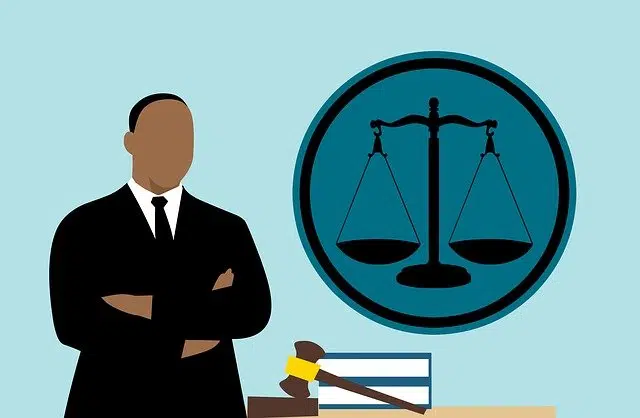
A fingerprint can be constituted as evidence.
Evidence is a term that comes from the Latin evidentĭa and that indicates a manifest certainty that is undeniable and that cannot be doubted . For example: "The evidence of the damage was so great that he soon felt guilty" , "The coach did not want to accept the evidence of the result and became aggressive again in the face of criticism" , "His face is the clearest evidence of gender violence .
Nor can we forget that evidence is a term that is used to form a series of expressions that are very common in our daily language. This would be the case, for example, of "in evidence" , which is an adverbial phrase that has several different meanings.
Colloquial language expressions
Firstly, it is used to make it clear that a person has carried out an action that has made them look ridiculous in front of others. So, for example, we could say: "The politician was exposed to the public by telling jokes in a speech of great importance."
Secondly, this phrase can also be used as a way of saying that something that was already suspected has come to light. In this way we could better understand this meaning with the following example: "Police investigations into cases of corruption in the political sphere have revealed what citizens had been fearing: that a part of the political leaders have committed financial crimes."
The evidence in philosophy
For philosophy , evidence is a type of knowledge that appears intuitively in such a way that it allows us to affirm the validity of its content as true. However, philosophers maintain, the claims that people usually have are not supported by cognitive foundations and, therefore, it is difficult to determine when the subject has evidence.
On the other hand, there is evidence that is built based on ideology , feelings or morality, which further distances the claims from true evident knowledge.

In the judicial field, evidence is decisive proof.
The concept in law
In law , evidence is decisive evidence in a judicial process. It can be used to designate that which allows the truth of a fact to be demonstrated according to the criteria established by law.
The person who alleges is responsible for providing the corresponding evidence. That is, when stating something, the individual must support it with evidence. That is why it is often expressed that "every person is innocent until proven otherwise" : no one must prove his innocence, but rather the accuser must demonstrate the guilt of the accused through the evidence presented at trial.
Asimov's "Evidence"
To all this we would have to add that precisely "Evidence" is the title of one of the best-known works of the Russian writer Isaac Asimov, especially famous for his bibliography on science fiction and robotics.
Specifically, that is a short story that revolves around the figure of a robot that manages to disguise itself with a human appearance. What he will achieve by camouflaging himself will be to achieve an elected position in the high political spheres of the society of that moment.
